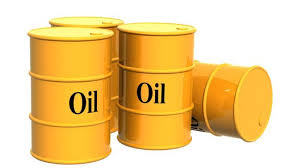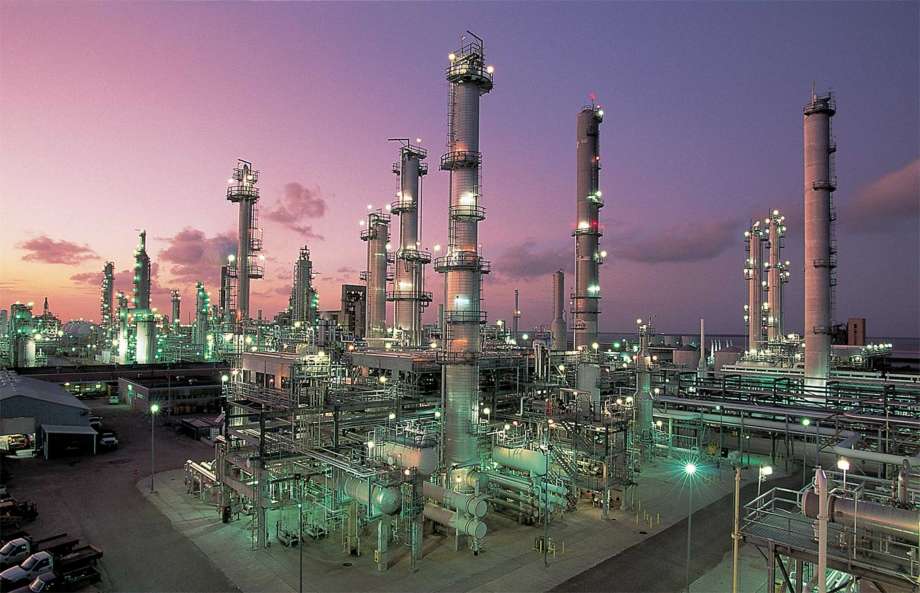
New York — Oil futures were little changed on Monday as new doubts emerged about the effectiveness of vaccines against the Omicron coronavirus variant, though OPEC predicted in its monthly report that the variant’s impact on fuel demand would be mild.
Brent futures fell 22 cents, or 0.3%, to $74.93 a barrel by 11:25 a.m. EST (1625 GMT), while U.S. West Texas Intermediate (WTI) crude fell 13 cents, or 0.2%, to $71.54.
Both benchmarks posted gains of about 8% last week, their first weekly increase in seven.
“The major oil contracts registered decent weekly gains, but it is noticeable that current prices are still way below the pre-Omicron levels,” said Tamas Varga, oil analyst at London brokerage PVM Oil Associates.
The Omicron variant, reported in more than 60 countries, poses a “very high” global risk, with some evidence that it evades vaccine protection, according to the World Health Organization.
Oxford University also said that vaccines have been shown to induce lower levels of protection against Omicron.
The Organization of the Petroleum Exporting Countries (OPEC) on Monday raised its world oil demand forecast for the first quarter of 2022 but left its full-year growth prediction steady, saying the Omicron variant would have a mild impact as the world gets used to dealing with the COVID-19 pandemic.
Governments around the world, including most recently the United Kingdom and Norway, were tightening restrictions to stop the spread of the Omicron variant.
At least one person died in the United Kingdom after contracting Omicron, the first publicly confirmed death globally from the swiftly spreading variant.
In China, a major manufacturing province, Zhejiang, was fighting its first COVID-19 cluster this year, with hundreds of thousands of citizens now in quarantine.
OPEC and its allies, a group known as OPEC+, will meet on Jan. 4 to decide on their output policy.
Iraq’s oil minister on Sunday said that he expected OPEC at its next meeting to maintain its current policy of gradual monthly increases in supply by 400,000 barrels per day (bpd).
In Europe, natural gas prices surged 11% on colder forecasts and worries that the potential for a Russian invasion of Ukraine will keep Gazprom (MCX:GAZP) PAO’s Nord Stream 2 gas pipe from Russia to Germany shut.
That pipeline would help boost supplies of gas in Europe where stockpiles were at extremely low levels for this time of year.
Analysts have said those higher gas prices should support oil demand and prices as European manufacturers and power generators switch from expensive and scarce gas to oil to fuel their facilities.
Traders will also focus this week on monetary policy decisions expected to be taken by the European Central Bank (ECB), the U.S. Federal Reserve, the Bank of England and the Bank of Japan, potentially including early halts to stimulus packages.
- Reuters (By Scott DiSavino)
- Follow us on twitterOil



